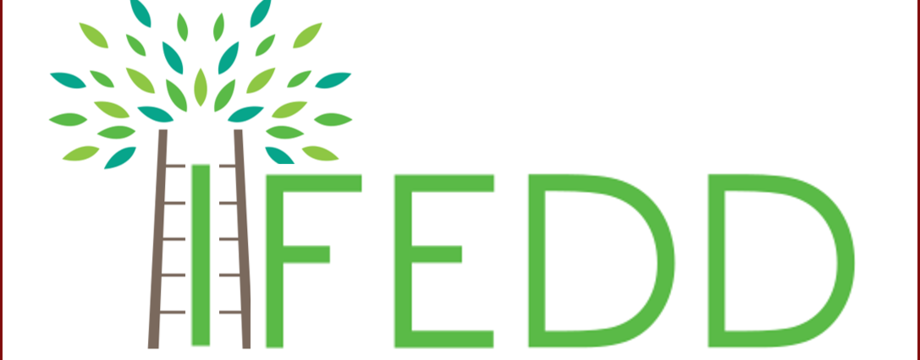January 22. 2023
IFEDD, The International Federation of Eating Disorder Dietitians, stands with our weight-inclusive pediatrician colleagues in rejecting the American Academy of Pediatrics’ recently published Clinical Practice Guideline for the Evaluation and Treatment of Children and Adolescents With Obesity.
We urge the American Academy of Pediatrics to:
- Immediately rescind the guidelines.
- Return to their previous stance that weight-focused interventions harm children.
- Promote weight-inclusive treatment rather than pathologizing body size.
- Refer to pediatric dietitians when concerned about a child’s nutrition, weight or size.
As healthcare professionals, we cannot condone pathologizing children whose growing bodies are deemed “too large” based on size, appearance, BMI, or any other subjective measurements used in place of their own growth.
As eating disorder specialists, we know that singling out children based on size is dangerous, because we see the results every day: social isolation, depression, anorexia, bulimia, binge-eating disorder, misuse of insulin and other substances, malnutrition, growth retardation, brittle bones, infertility, self-harm, suicide attempts and more.
Big kids face specific dangers when their doctors focus on shrinking them at all costs: harmful weight-loss interventions that worsen their health; an illness that causes weight loss going unnoticed and untreated because the weight loss is celebrated; an illness that causes weight gain going unnoticed and untreated because all symptoms are blamed on the weight; making a child feel that they are to blame when a weight loss attempt fails them.
Although some of these dangers are minimally acknowledged early in the AAP report, they are then ignored. In addition, significant issues including social determinants of health, racism, lack of access to food, and adverse childhood events were mentioned and then largely dismissed from consideration. If the AAP supports the health of children as it claims, these issues must be addressed for ANY child – not just the ones who don’t fit arbitrary size standards – yet the focus remains on bigger children’s bodies and attempts to shrink them.
We are extremely disappointed in the brief mention of dietitians in the report. A full nutrition assessment is necessary to determine if eating changes are warranted for a child, which changes would be beneficial, and what education and support caregivers need to implement nutrition intervention. The AAP acknowledges that most pediatricians don’t have the time or expertise to perform such an assessment, yet the Key Points appear to suggest skipping over this crucial step.
Any future guidelines on this topic should be written in consultation with eating disorder specialists as well as individuals who have experienced the damage caused by a pediatrician deeming them “too big” and prescribing weight loss.
For additional details on the failure of these guidelines, we highly recommend reading Ragen Chastain’s work.
Finally, as a group we would like to acknowledge our many pediatrician colleagues who provide individualized care, consider all aspects of health independent of size, and make recommendations based on the best interest of the whole child. We value the trust placed in us when supporting mutual patients in a weight-inclusive manner, screening for dysfunctional eating behaviors, supporting health-promoting, lifelong eating behaviors and providing education and guidance to parents to ensure children receive adequate nutrition so they can grow, develop, and thrive.
###
The International Federation of Eating Disorder Dietitians is an organization of 1,200 pediatric and adult eating disorder specialist dietitians around the world, primarily in North America. IFEDD’s mission is to improve quality of life for individuals with eating disorders by increasing access to nutrition counseling and other forms of treatment; raising awareness that eating disorders affect individuals of all backgrounds, including those historically excluded from research; and decreasing barriers to care, such as insurance discrimination and weight stigma. Learn more at www.IFEDD.com.
###
The following three documents are free to download and use in communication with pediatric medical professionals and practices. The brochure is intended to be printed front and back on letter-sized paper, with a place on the inside for a dietitian to adhere a business card or label with contact information. Because not all medical professionals know how to describe the benefits of meeting with a dietitian, the brochure is intended to overcome an individual’s hesitation with scheduling an appointment.
If you are a dietitian or nutrition student, we invite you to join IFEDD as a member by clicking the “Join IFEDD” link in the menu bar. We are a group of over 800 dietitians who work in some capacity with individuals with eating disorders. You are welcome to join us even if eating disorders is not your specialty area of practice, as we have a very active listserv and numerous resources in our members-only section. If you have any questions, please feel free to email info@eddietitians.com.
